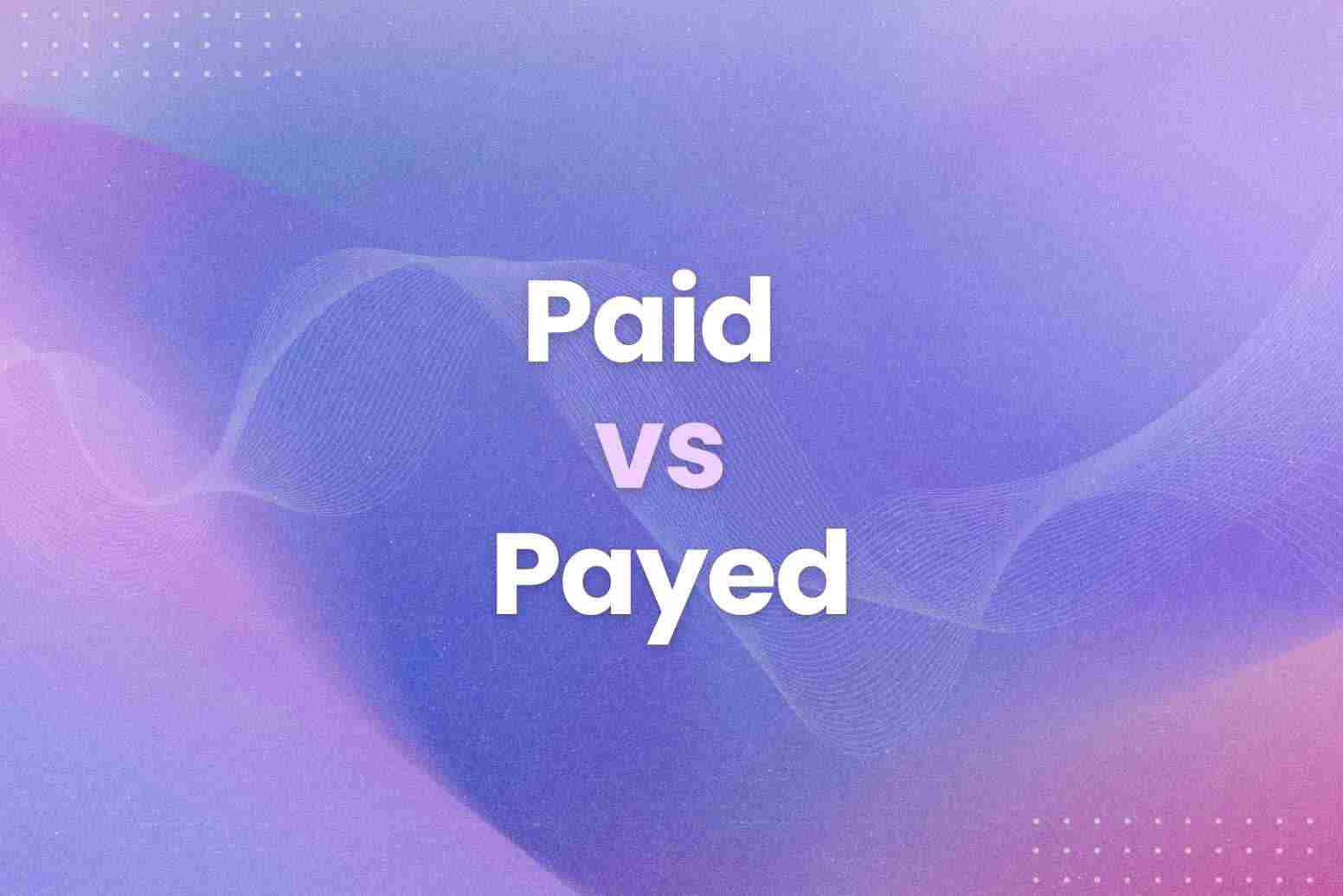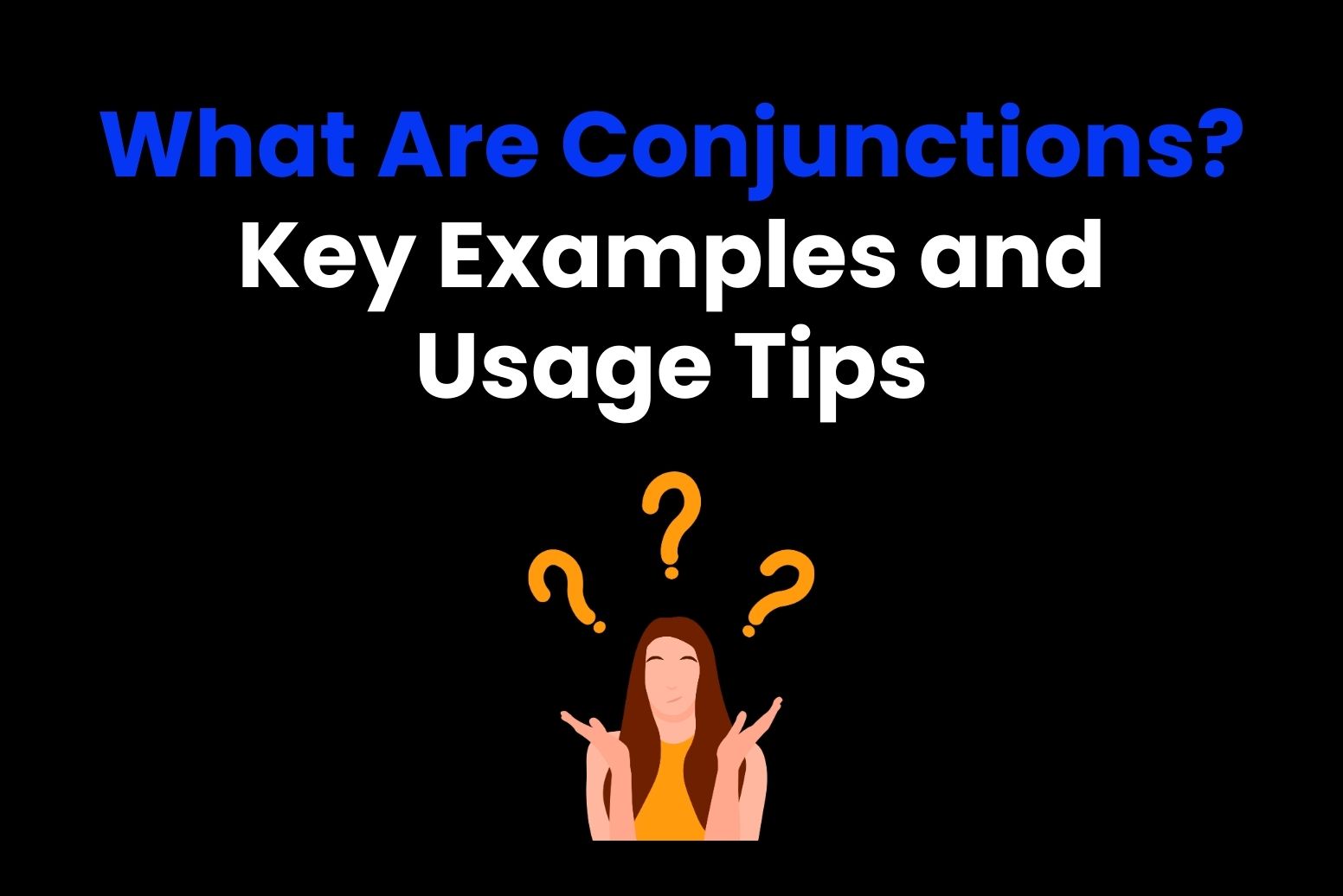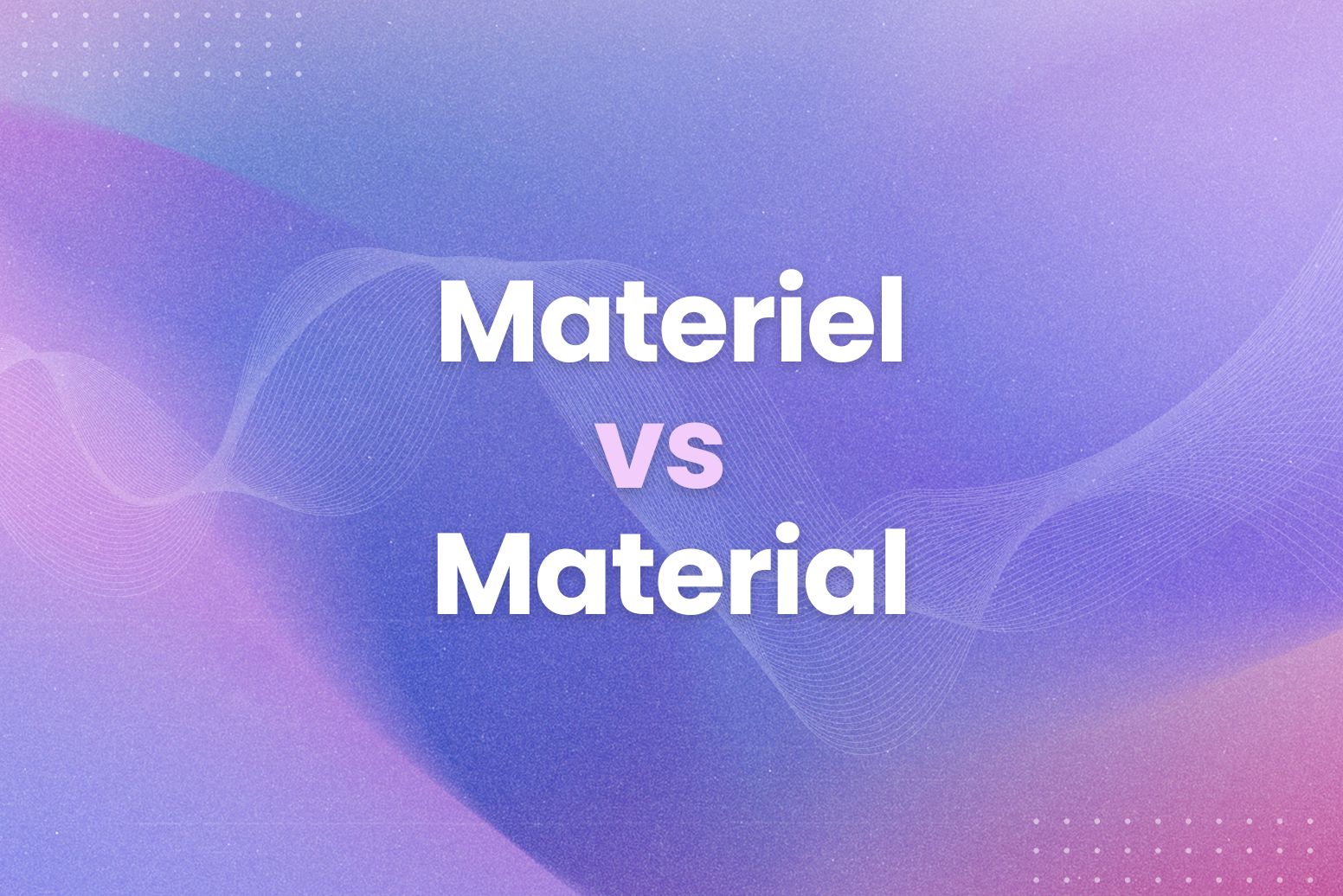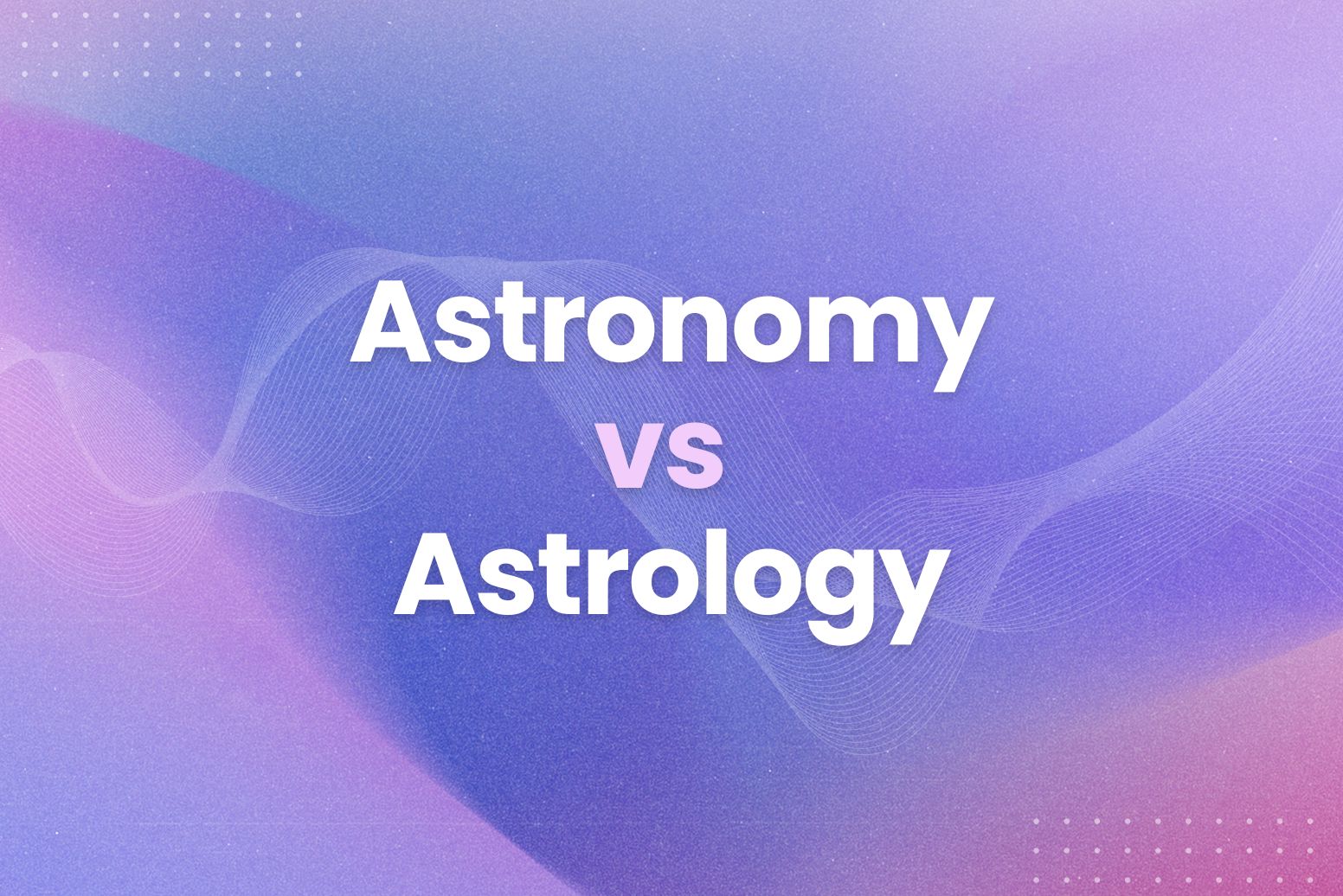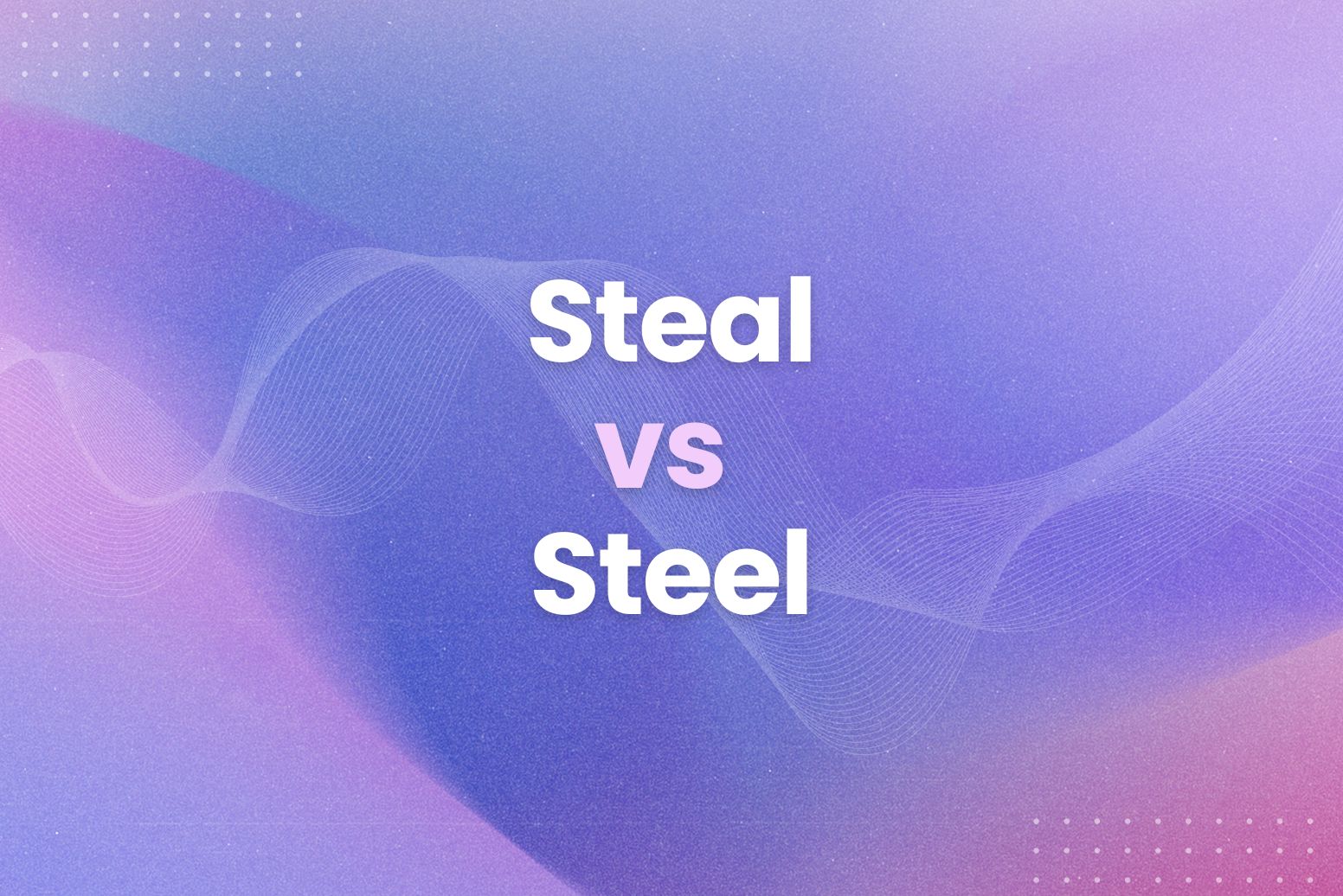English can be full of words that regularly trip us up. A common example of this is verbs, such as paid vs payed, which seem like they should mean the same thing.
However, despite looking similar and sounding the same, they mean quite different things. Below, we’ll look at their definitions, along with why they can be confused and how to remember the differences.
Paid vs Payed: What’s the Difference?
Paid and payed are both correct words, but they have completely different meanings and contexts. These are:
- Paid is the past tense of the verb ‘to pay’. You use it to refer to either exchanging money for something or as an adjective to describe something being paid for.
- Payed is also a verb that’s also the past tense of ‘to pay’. However, it has a very specific context: nautical language. It refers to the act of sealing decking with tar, or feeding a rope over the side of a boat.
As you can hopefully see, there are distinct differences between the meanings of paid and payed. It can be confusing because they’re different past tense versions of the same verb, but that’s the fun of English for you!
Examples of Paid
Remember, paid is both a past-tense verb and an adjective, although both are used in fairly similar situations. Here are some examples:
- I paid for the meal using cash (past tense verb).
- I was paid for the work I did (past tense verb).
- I received 5 weeks of paid vacation after working there for a year (adjective).
- I was offered a well-paid job (adjective).
Examples of Payed
As mentioned, payed is a past-tense verb but has a very specific context. There aren’t as many examples of it in action because it basically only has 2 meanings:
- I payed the gaps between the planks using tar and rope (past tense verb).
- We payed out the rope over the side to check how fast we were sailing (past tense verb).
Remember, payed is only used in a context that refers to boats (a nautical context). Importantly, it’s a very old term, as it’s not particularly common for us to use tar to seal decking, or to measure speed by feeding a rope over the side of a boat!
Paid vs Payed: Which is Correct?
In almost all situations, paid will be the correct word. This is because it’s far more common and can be used as both a verb and an adjective. Payed, on the other hand, has a very specific meaning that probably isn’t something many of us discuss on a daily basis.
If you’re ever unsure, Arvin’s AI grammar checker can help you out. It flags commonly misused words, such as payed, and suggestions corrections – in this case, paid. You can set it up as a browser extension, so you don’t have to worry about misusing payed no matter where you’re typing!
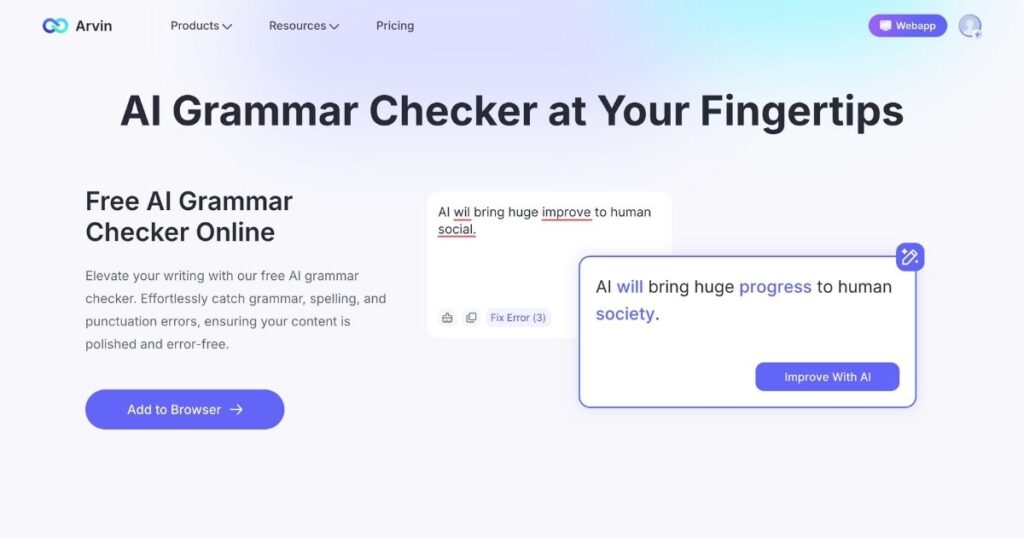
Why Do People Use Payed Instead of Paid?
When spoken aloud, both paid and payed sound the same. They’re written differently, sure, but are both past-tense versions of the same verb: pay. Even more annoyingly, payed looks like the more logical past-tense version of pay, so why do people use payed instead of paid?
The misuse of payed instead of paid ultimately comes down to spelling conventions, particularly in the way the English language forms past tenses of things. Take the verb ‘confirm’ as an example. When we used it in the past tense, it changes to ‘confirmed’. The same is true for a lot of verbs – we simply add ‘-ed’ on the end.
Paid doesn’t fit this model because it’s what’s known as an irregular verb. Without getting too deep into the definition, an irregular verb doesn’t follow standard conjugation conventions – in this case, adding ‘-ed’ onto the end.
There are around 200 irregular verbs in English, such as ‘bring’, ‘choose’, ‘drive’, and so on. They exist because, in older versions of English, they were affected by different grammatical rules. Many of these no longer exist, but irregular verbs have stuck around.
Many irregular verbs are very old words that are native to English, as opposed to them being words borrowed from other languages. This is part of the reason why they haven’t changed. They’re commonly used and quite important, so their conjugations stayed the same.
Final Thoughts
Paid vs payed is a fairly common mistake to make because ‘pay’ doesn’t follow normal verb rules. Hopefully, this article has helped to clear up why this mistake is made, and how you can tell the difference.
If you’re not sure you’ll remember – or just want an easier life – let Arvin AI do the hard work for you. Arvin is an AI-powered assistant that uses the latest models, including GPT-4, Gemini 1.5, DALL-E 3, and more. Set it up on your browser today to get its help with everything from grammar checking to image generation!
FAQs
In almost all situations, paid is the correct choice of word. This is because it’s the past tense of the verb ‘to pay’ when we’re referring to money or similar situations. Payed, however, has a very specific meaning.
When we use the phrase “paid off”, we use paid as the past tense of ‘to pay’. This is because paid off is an idiomatic phrase that takes its meaning from paying for something. As such, we always use the definition of pay that relates to money.
Payed out isn’t a phrase that many of us will mean to use. It means to feed a rope off the side of a boat, such as “we payed out the rope to measure our speed.” It’s often confused with the phrase “paid out”, as in “the machine paid out my winnings.”

